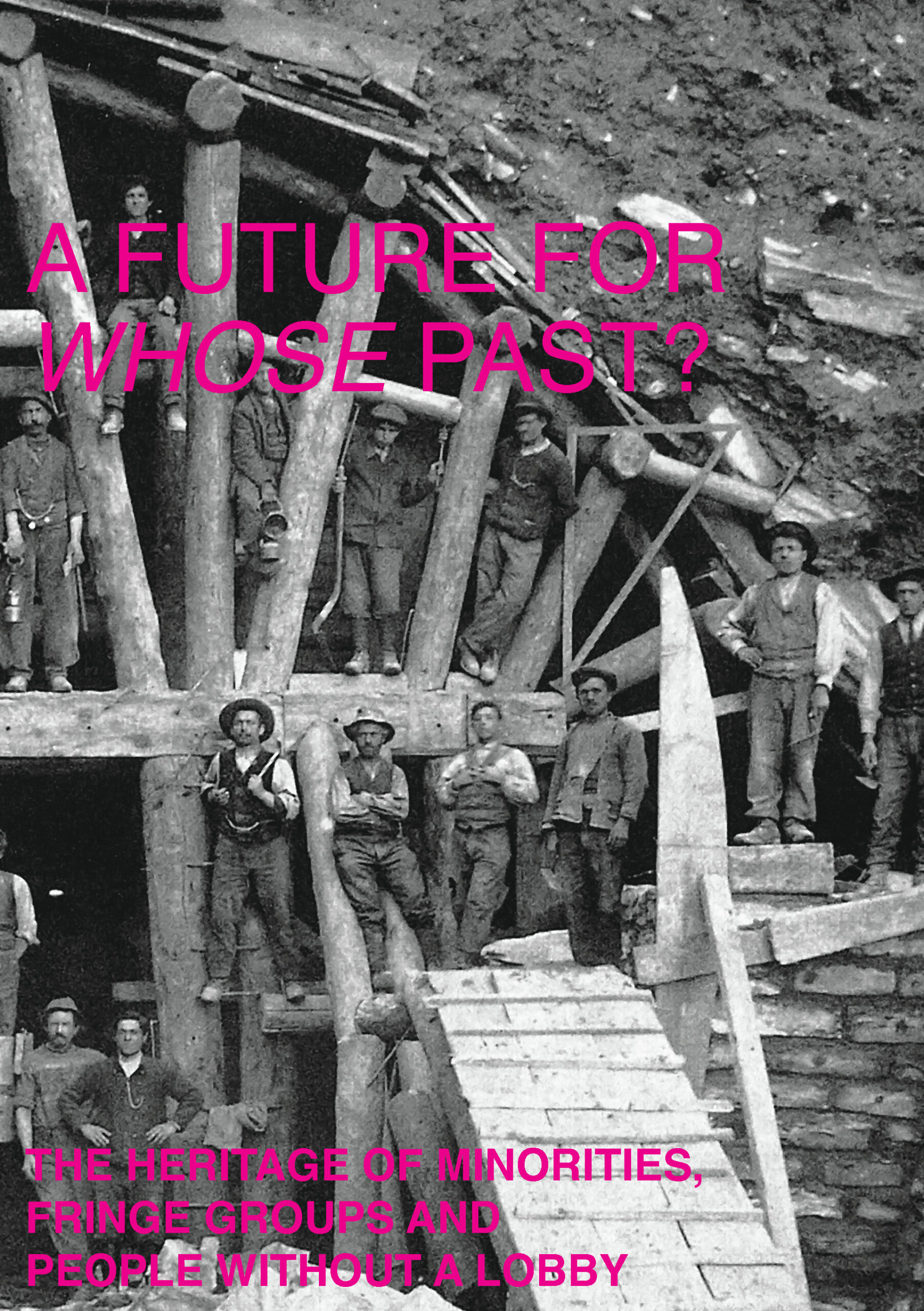
A FUTURE FOR WHOSE PAST?
The motto of the European Heritage Year 1975 was “A future for our past”. 50 years later, in view of the consequences of war, climate change, migration and displacement, we are faced with the question of whose past is meant by “ours” and whether we can still speak of a common past at all. Under the motto “A Future for whose Past? The Heritage of Minorities, Fringe Groups and People without a Lobby”, we will discuss whose heritage we are talking about, who decides what is important for society’s memory and what characterizes this society. Do the objects protected by monument, nature and heritage protection laws and thus preserved for the future really represent history? Or have we not long been talking about stories? What heritage is important for minorities, marginalized people and people without a lobby and what measures need to be taken to ensure that the heritage of the future reflects and represents the social developments of the past? What do inclusive perspectives in heritage conservation mean? Do we need new inventories, practices and approaches – and a more diverse culture of remembrance?
To mark the 50th anniversary in 2025, various events will run in parallel in Switzerland, Austria and Germany and will have an independent character tailored to the country and the institution. The curatorial concepts will be developed by the exhibition centers and museums or in cooperation with the working group. The outreach activities will also include the organization and implementation of public events such as guided tours, panel discussions, book presentations with suitable partners and a Switzerland-wide network. In line with the content of the project, a particular focus is on multilingualism, cooperation with institutions from all parts of Switzerland and low-threshold access options (with the hope of involving and sensitizing a wider, interested public). The activities of the working group are funded by the Federal Office of Culture (BAK).




